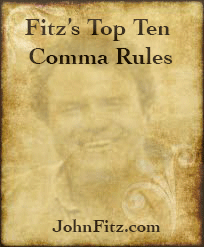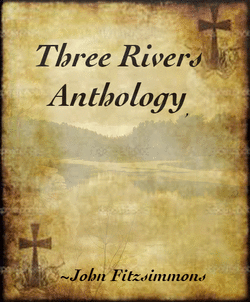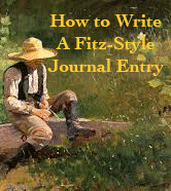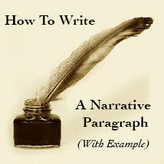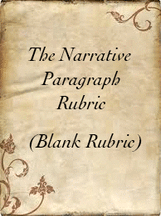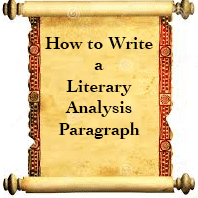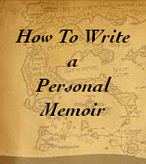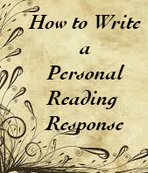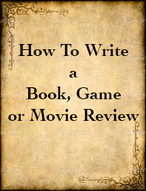~Unknown

It may well be that you poem evolves away from your original intent, but that is a natural part of the creative process, but first you have to make sense of either the mess you created--or you have to make poetry out of dull and flavorless sentences. Either way it is work. The work of a poet.
As much as possible I live in the world of real images and actions because I know that a series of images and actions creates an actual physical response in a reader as the brain renders those images using the motor or more primal functions of the brain. It is my job as a poet to force my readers to then have "think" about what those images and actions now mean, and so a "higher" function of the brain is brought into play, as in this short poem I wrote about a husband dealing with the loss of his wife in the 9/11 tragedy:
9/11/04
It is so quiet still
three years on,
wondering why
he didn't hold her longer,
knowing one more kiss,
one more sip of coffee;
one more search
for the missing bookbag,
would have kept her
from rushing to the train.
In this poem it is my title that sets the scene, which is followed by a few images and actions--and then a simple, but I think effective twist, that expresses regret at what happened, but that also hints that if only he had showed more love his wife would have missed the train that carried her to her death.
My main point here is that images and actions can be the foundation of any good poem, and if you are stuck and in a "poetic rut," you can climb out by immersing yourself in recreating a scene using images and actions--nouns and verbs--to describe a situation.
And then all you gots to do is add a twist...


 RSS Feed
RSS Feed
